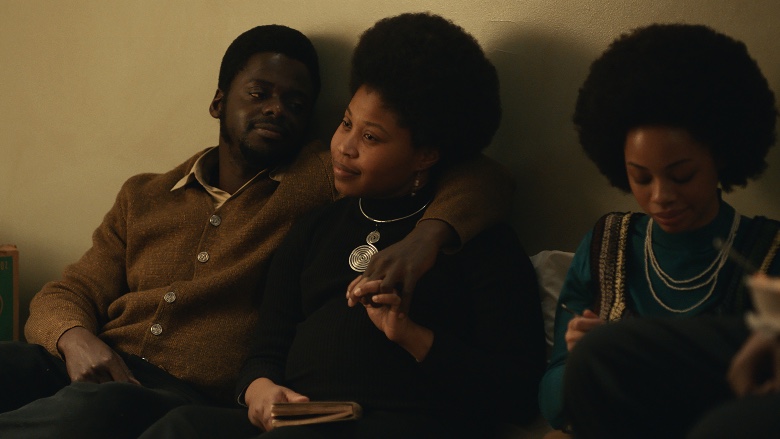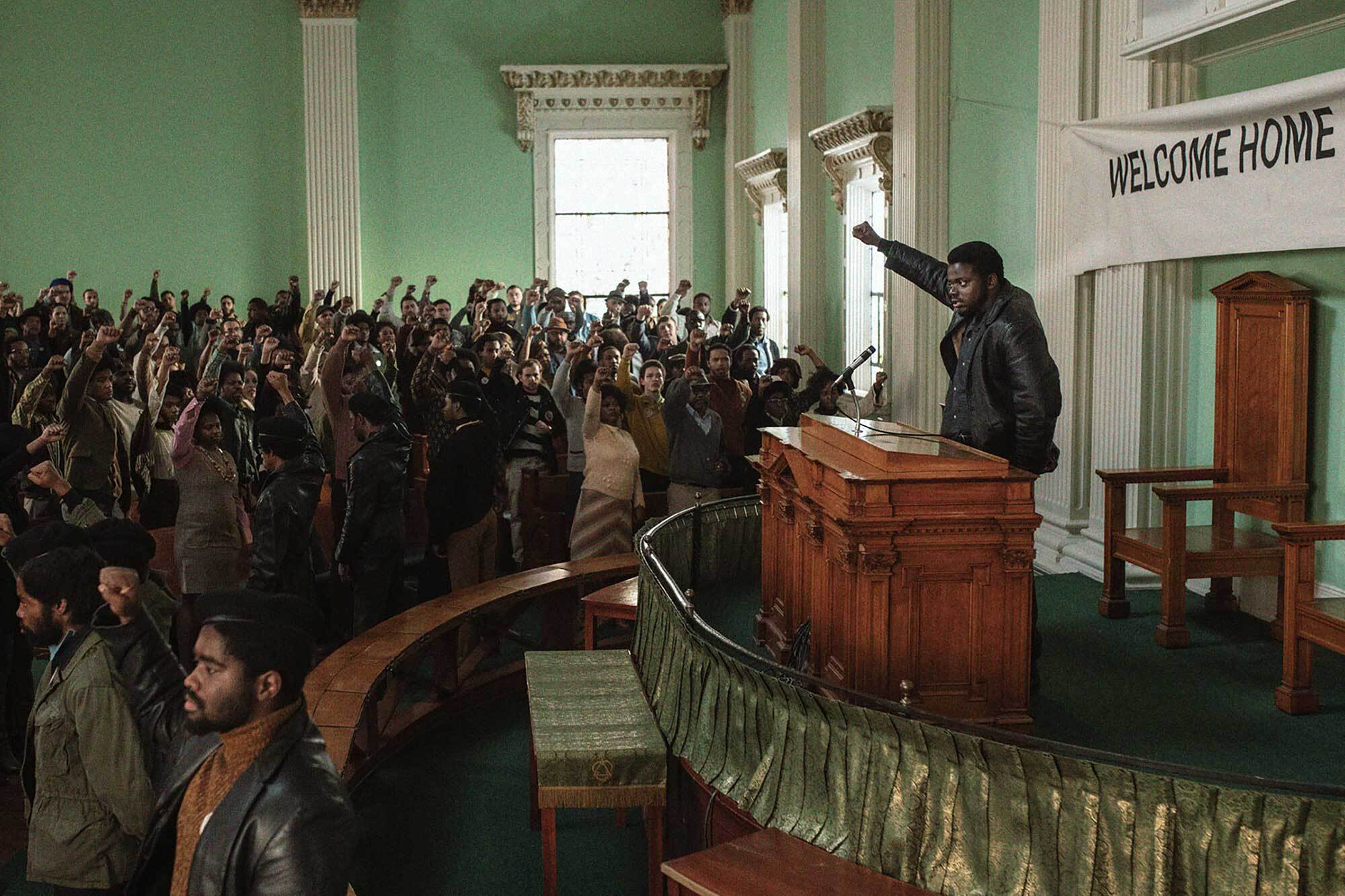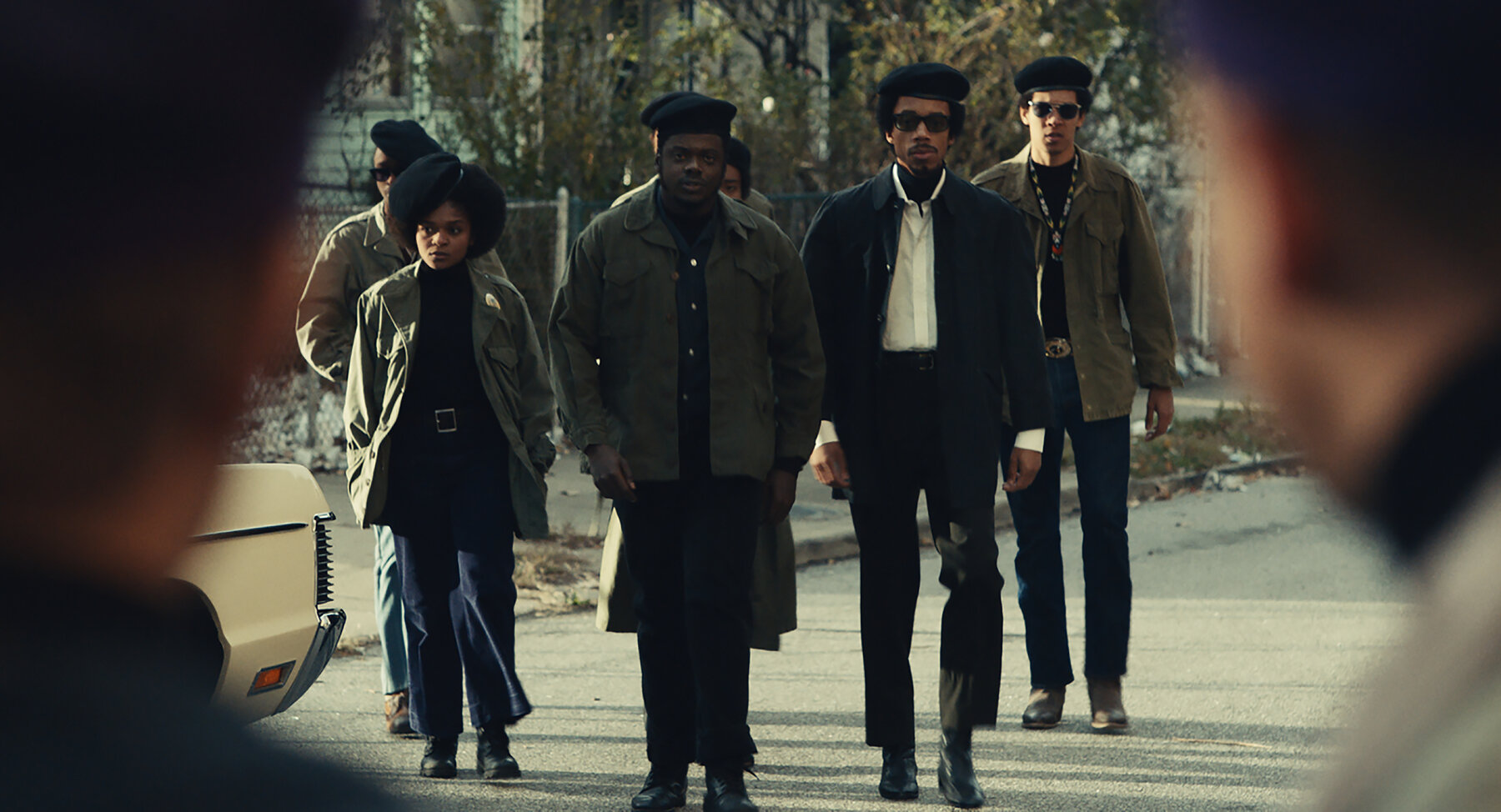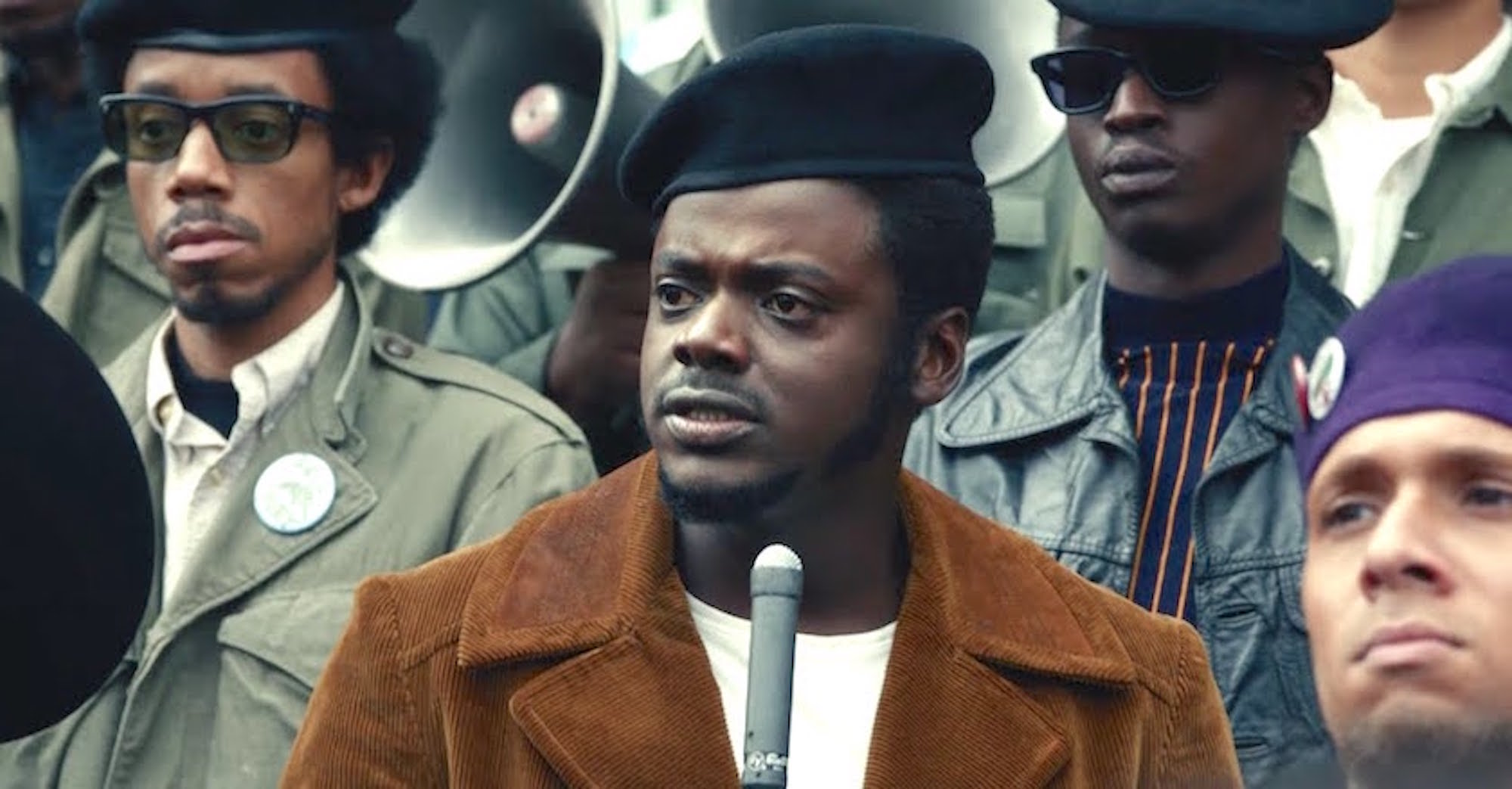Directed by Shaka King, the electrifying biographical drama ‘Judas and the Black Messiah’ couldn’t have come out at a better time. When race and the black identity have once more become a major component of a broader public discourse, the film serves as a fitting tribute to the struggles of a generation that was on the frontlines of the 1960s’ Civil Rights Movement.
The film predominantly revolves around two men: Fred Hampton (Daniel Kaluuya), a revolutionary socialist and chairman of the Illinois chapter of the Black Panther Party, and William O’Neal (Lakeith Stanfield), a petty criminal hired by the FBI to infiltrate Hampton’s movement. It explores the innate dichotomy between these two vastly different personalities, underscored by the Biblical reference in the title, and the personal and environmental motivations that make them who they are. Here is everything you need to know about the ending of ‘Judas and the Black Messiah.’ SPOILERS AHEAD.
Judas and the Black Messiah Plot Synopsis
O’Neal is a moderately successful small-time car thief active in Chicago. His modus operandi is to pretend to be a federal officer, “arrest” people, and “confiscate” their vehicles. When one such con job goes horribly wrong, O’Neal ends up in police custody. Roy Mitchell (Jesse Plemons), an actual FBI officer, offers him an opportunity to clear his record. All O’Neal has to do is get close to Hampton and gather incriminating evidence against the charismatic mass leader.
Inspired by Chairman Mao and Che Guevara’s words, Hampton leads the Black Panther Movement from the front. Hampton recognizes that the wealth disparity in the US has enabled the government to take advantage of its own populace. According to him, the real enemies are the government and its enforcers: the police and the FBI.

He brings together all the dissatisfied and disenfranchised elements in Chicago and starts the multicultural movement known as the Rainbow Coalition. His activities draw the attention of the FBI Director J. Edgar Hoover (Martin Sheen) himself, who wants Hampton to be taken immediately off the streets. After joining the BPP, O’Neal swiftly rises through the ranks with his FBI handler’s help and becomes one of Hampton’s closest associates.
Even after Hampton is arrested for petty charges and sentenced to several years in jail, O’Neal, now serving as the Director of the chapter’s security, continues to sow discord within the organization. The chapter is nearly decimated following a shootout with the police. One member is killed. Several others are arrested. And their party office is burned down. When Hampton finally gets out of the prison and begins rebuilding his movement, Hoover directs his agents in Chicago to find a more permanent solution for the activist.
Judas and the Black Messiah Ending: Why is Fred Hampton Killed?
For the authorities, Hampton represents perhaps the most dangerous element in the Black Panther Movement. Unlike some other party members, he doesn’t advocate for a scorched-earth policy while dealing with the white majority. Instead, he understands that there are more similarities between an impoverished white man and an impoverished black man than differences. This prompts him to reach out to the Young Patriots Organization, a leftist movement representing the white, destitute migrants who come to Chicago primarily from the Appalachia region.
Hampton also convinces other prominent black movements in Chicago and the Young Lords, the Puerto Ricans, Latinos, and the colonized people movement to join his fight against the establishment. He strives to ensure that the people would not direct their anger and frustration towards each other but the one entity that deserves it: the government.
After Hampton is imprisoned and the Black Panther Office is burned down, O’Neal understandably believes that his stint as an FBI informant is ending. However, when he speaks to Mitchell, he learns how categorically wrong he is. The FBI wants him to continue to be involved with the BPP. Ironically, this leads to the re-emergence of the BPP movement in Chicago.
O’Neal completely immerses himself in the movement, becoming one of its prominent leaders in Hampton’s absence. He even rebuilds the office. When Hampton returns, he discovers that the BPP now seems to have the entire community’s support. He makes the best use of that sentiment in one of the most pivotal moments of his political career. In a powerful speech, he leads a gathering of hundreds of people into chanting, “I am a revolutionary.”
This proud declaration has a complex effect on his personal life. In the early part of the film, he falls in love with the poetess Deborah Johnson (Dominique Fishback). He discovers that she is pregnant with their child when he comes back from prison. “I’m gonna die for the people ‘cause I live for the people,” he claims during the speech. “I live for the people ‘cause I love the people.” As Hampton admits later, he didn’t understand what dedicating one’s life to the people truly means until he was in jail. But the notion of impending fatherhood gives him all the reasons he needs to live.

Hampton declares during the speech, “you can murder a revolutionary, but you can’t murder a revolution.” His audacity and desire for the complete liberation of his people live on even after his death. The endnote reveals that Hampton’s family and survivors of the raid sued the authorities in 1970 for a conspiracy to assassinate Hampton. After 12 years of the civil trial, the plaintiffs were awarded a $1.85 million settlement. Deborah raised their son Fred Hampton Jr. adhering to the ethics his father believed, and the Younger Hampton went on to become the chairman of the Black Panther Party Cubs.
Why Does William O’Neal continue to Be a Government Informant?
The film opens with an older O’Neal giving an interview to the makers of ‘Eyes on the Prize 2’ in 1989 about his BPP movement involvement. It then shifts to the 1960s. Mitchell gradually seduces O’Neal by putting on a grand performance. They regularly meet at high-end restaurants, and Mitchell continues to act as if they are close friends. O’Neal later admits that he came to see Mitchell as his idol.

After Hampton is killed, Mitchell gives O’Neal the keys to a gas station and asks him to keep serving as an informant. O’Neal knows that he can walk away from all this. After all, Mitchell has just told him that he is free now. But his greed gets the better of him, and he ultimately accepts the offer. According to the endnote, O’Neal kept gathering information on the BPP for the FBI well into the 1970s. He committed suicide on the day ‘Eyes on the Prize 2’ premieres in 1990. ‘Judas and the Black Messiah’ implies that O’Neal felt a sense of remorse in the last years of his life.


You must be logged in to post a comment.